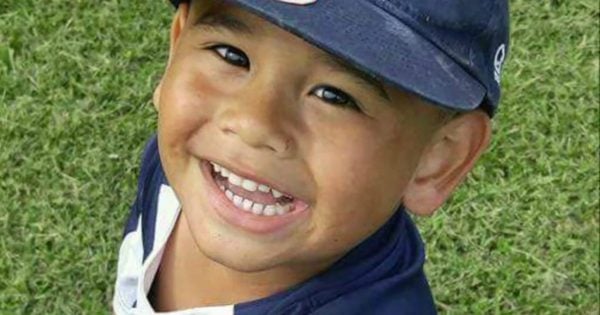A four-year-old Texan boy has died a week after he went swimming, in what his family claims is a case of “dry drowning“.
Francisco Delgado III was pronounced dead on Saturday at East Houston Regional Hospital after he suddenly stopped breathing.
Speaking to local TV news outlet, KTRK, the boy’s parents said he had experienced an upset stomach shortly after swimming at Texas City Dike the previous weekend, but seemed fine until he complained of a sore shoulder on Saturday morning.
“Out of nowhere, he just woke up. He said, ‘Ahhh’,” said Francisco’s father, Francisco Delgado Jr.
“He took his last breath and I didn’t know what to do no more.”

